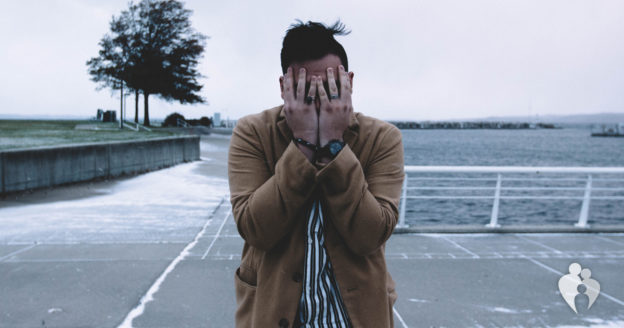In addiction recovery, a relapse happens when someone who is sober returns to substance use. Relapses are temporary deteriorations after a state of improvement. They do not mean the end of recovery. In fact, relapses are common. They are normal parts of the recovery journey. Reacting correctly to a relapse is key to successfully staying sober in the long run.
Relapse Is Not The Opposite Of Recovery
Relapse and recovery are not at odds with one another. Relapse is a part of recovery that many people experience. Relapse is the opposite of sobriety. Relapse means the individual was not sober after a period of abstaining from drug or alcohol use; yet it does not mean the individual has given up on recovery or is a lost cause. The majority of people who go through detox and rehabilitation programs will have at least one relapse before they can remain sober for a longer period.
During a treatment program, you might hear that relapse is a natural part of recovery. While this is true, it does not mean it has to be a part of your recovery. Do your best to avoid relapse at all costs. Just know that if you do return to your old habits, it is not the end of the world. Do not let feelings of shame, guilt, or hopelessness convince you that you will never achieve recovery. This is not true. Many people relapse and still achieve long-term sobriety. The chronic nature of addiction means relapsing is likely.
Studies show that 40 to 60% of people who undergo treatment suffer relapses. Even more people (70-90%) experience at least one mild to moderate relapse. It is less common to decide to go sober and to stick to it forever than to relapse at least once. This should tell you that it’s okay if you experience a relapse. It is part of your fight against this chronic disease. You must take responsibility for the relapse, learn from it, and do better next time. Just because relapse is common, however, does not mean you should downplay its seriousness.
Do Not Downplay Relapse
It is important to see relapse as a pothole on the road to recovery, but not as a total roadblock. Although it is true that many people experience relapse and still successfully achieve sobriety, that does not mean it is okay to fall back into old habits. Relapse is a very serious pitfall that could derail your journey and have other serious consequences.
Relapse could lead to severe falling-outs with friends and family members who do not understand relapse. It could also lead to a high risk of overdose. When the body has abstained from a drug for a long time, but the person relapses with the same dosages he or she was using prior to treatment, the amount can be too much for the body or brain to handle. Overdose can be fatal.
It is not okay to downplay relapse or expect it to happen. As someone in treatment, your goal should be to achieve lifelong sobriety without any relapses. Yet if you do fall back into your substance use disorder, it does not mean the end of recovery. It simply means a setback. You may have to return to detox or rehab after a relapse to get clean again. Reacting correctly to an unfortunate relapse can make all the difference to your long-term recovery.
What Causes Relapse?
Someone in addiction recovery could experience a relapse for many different reasons. Relapse generally has more of a mental or emotional cause than a physical one. Usually, the individual has already undergone detox and is not as physically dependent on the substance. Instead, relapse occurs because the individual is feeling stressed, depressed, or anxious. Perhaps a trauma occurred, such as an accident or the death of a loved one, and the individual finds it hard to cope without turning back to substances.
In some cases, the individual might have been overconfident about his or her ability to avoid relapse. Some people might put themselves in unsafe situations, such as a party, too soon in the recovery process. This can lead to succumbing to cravings and suffering a relapse. It is important to hold yourself accountable during recovery. It is also important to partner with a support group that can help you avoid relapse.
Is It Possible To Recover After Relapse?
Long-term recovery from addiction is possible after relapse. Proven methods exist to help you avoid another relapse. Attending addiction support group meetings, for example, can continuously remind you of why you are on your journey. It could also connect you with people who can help you stay sober, such as a sponsor you can call during difficult times. Other tips for avoiding relapse include:
- Staying away from people or places that remind you of your substance use
- Cutting out unsupportive friends
- Entering a sober living home
- Engaging in fun and fulfilling sober activities
- Sticking to a relapse prevention plan
- Going back to rehabilitation for a refresher
- Attending regular therapy appointments
- Avoiding job-related stressors









 All Rights Reserved |
All Rights Reserved |